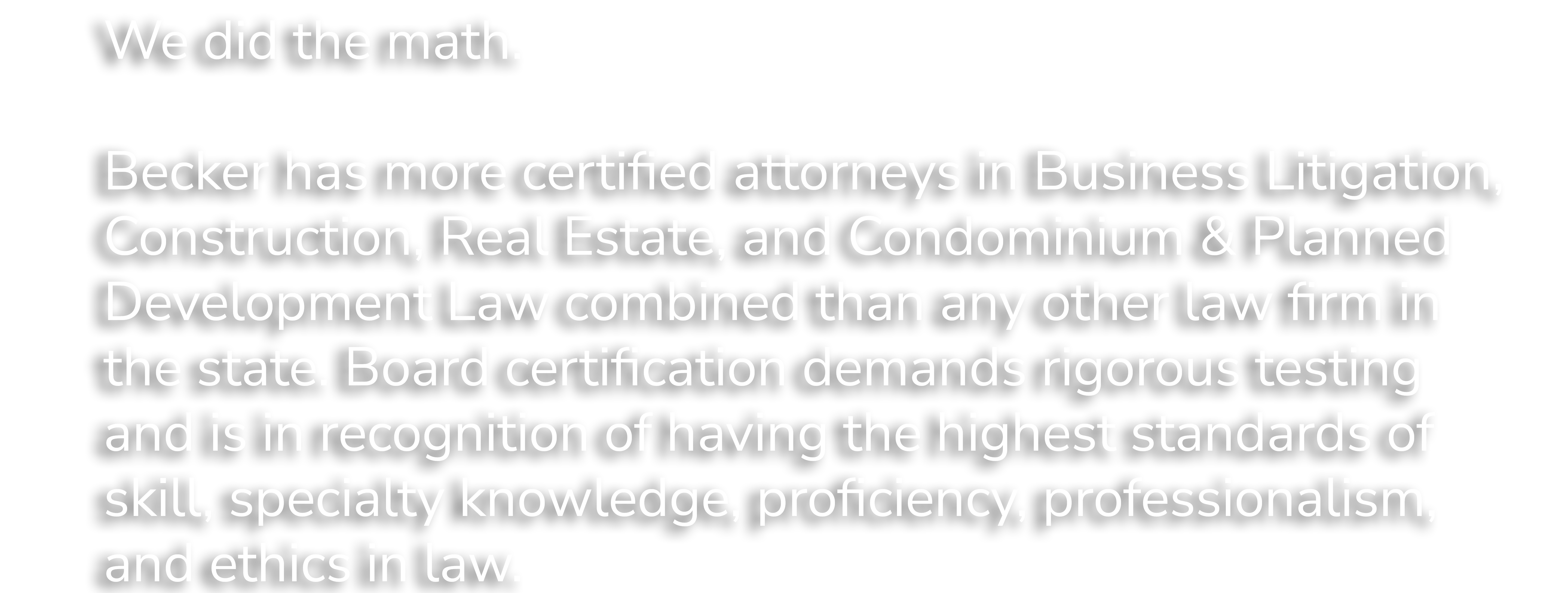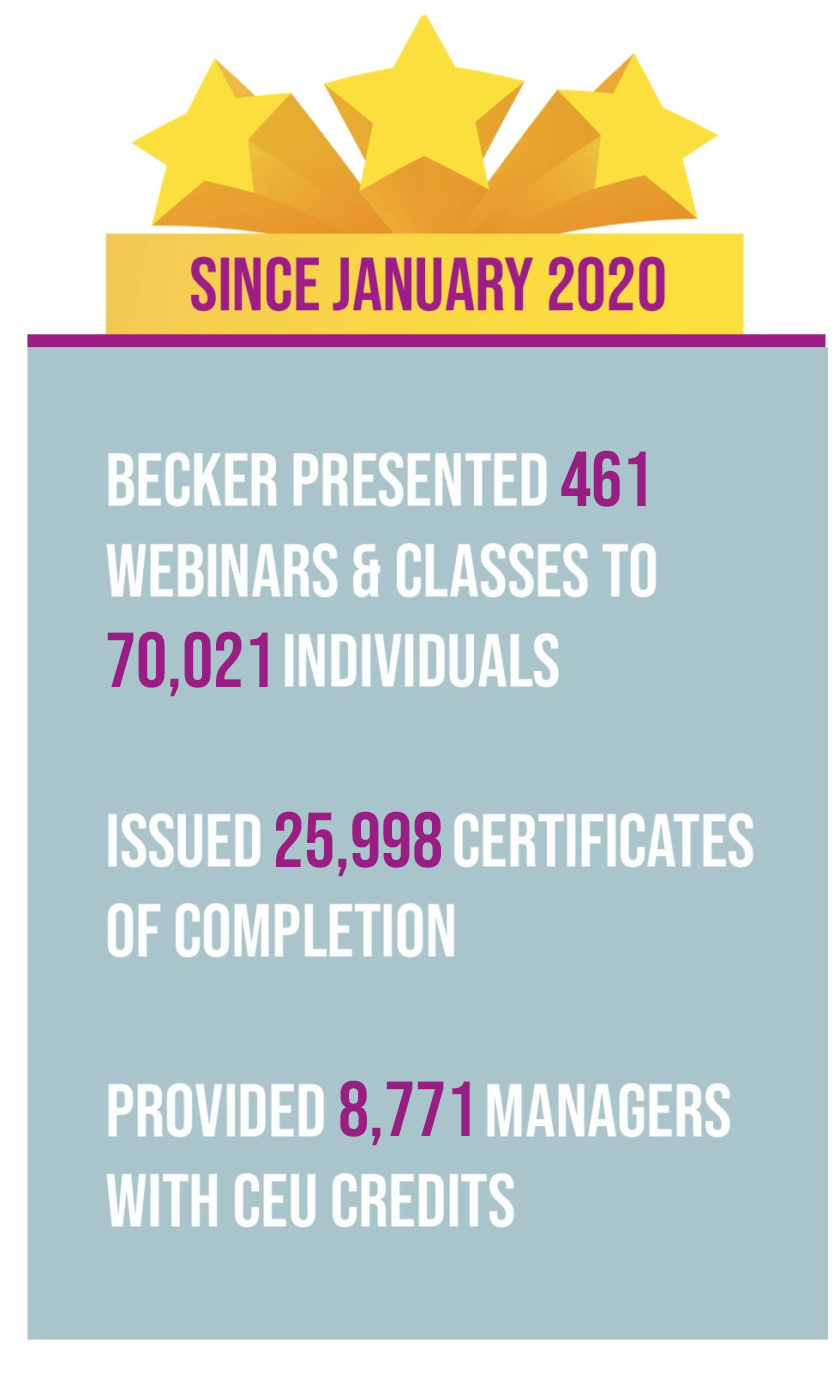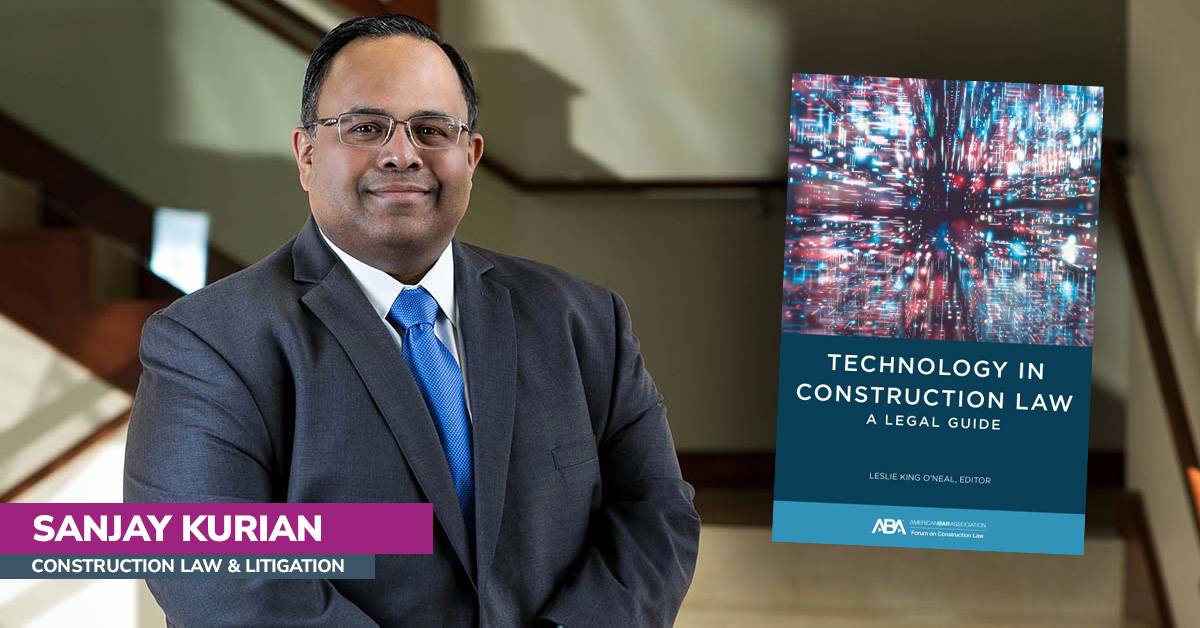Fall is officially here which means busy season is upon us. This month, we spotlight timely articles to help your board succeed in the coming months. Our featured articles explore various topics from board term limits and upgrading your documents to reserves and special assessments. Don’t miss our newest episode of Take It To The Board! This insightful exchange between Donna DiMaggio Berger and Managing Partner, Gary Rosen, dives into the world of effective leadership.
What does a Homeowners Association need to bear in mind when evaluating architectural modification requests from its members? Joseph Arena explains how these matters can be a minefield in this timely article, “Navigating the Complex World of HOA Architectural Control.”
If your association is in search of a loan, contact your community assocation attorney before approaching the bank. “Borrowing Money” by Mark D. Friedman highlights common pitfalls to avoid, so you can save time and money.
In 1988, Congress added “familial status” to the list of protected groups under the Fair Housing Act. What does this mean for your association? Michael O. Dermody addresses how your community can accommodate FHA guidelines in, “Are Those Under Age 18 a Protected Class?”
Interpreting an association’s governing documents in light of statutory changes is not a simple or straightforward endeavor. Jay Roberts provides helpful guidance in, “THIS CASE: Tahiti Beach Homeowners Association, Inc. v. Pfeffer.”
EDITORS
Are Those Under Age 18 a Protected Class?
In 1988, Congress added “familial status” – defined to include those family groups with children under 18 – to the list of protected groups under the Fair Housing Act (“FHA”). Since that time, condominiums and homeowner’s associations have been discovering that various rules regulating or prohibiting use of the association’s facilities by persons under 18 years of age may be prohibited by this federal law. Rules once considered common and reasonable, that is, rules which employ a specific age to regulate minor residents’ use of the pool, gym, or other areas, can result in legal action against the association on behalf of owners with children under 18.
Navigating the Complex World of HOA Architectural Control
By: Joseph Arena
What does a Homeowners Association, under Chapter 720, Florida Statutes, need to bear in mind when evaluating architectural modification requests from its members?
In the case, Young v. Tortoise Island Homeowners Association, Inc., the court reasoned that, in the absence of an existing pattern or scheme of architecture which puts purchasers on notice that only one kind of style will be allowed, disapproving modification requests for purely aesthetic reasons will not be upheld.
By: Mark D. Friedman
As one of a handful of Becker attorneys who assists condominiums, cooperatives, and homeowners associations in obtaining bank loans on a regular basis, I’ve noted a few mistakes that boards make when deciding to obtain a loan.

Tahiti Beach Homeowners Association, Inc. v. Pfeffer
52 So.3d 808 (Fla. 3d DCA 2011)
Understanding application of statutes is at the heart of THIS CASE.
Tahiti Beach Homeowners Association, Inc. (“Association”) brought an action to foreclose a lien for a $285,000 fine assessed against two homeowners (“Owners”) based on their alleged violation of an Association rule requiring construction or landscaping activities to be completed within 24 months. The trial court ruled that the fines exceeded the statutory limits set forth in Section 720.305(2), Florida Statutes (2007), and entered judgment (on this issue) in favor of the Owners.
On appeal, the Association argued that the rule which the fine was based on preceded the enactment Homeowners Association Act, and therefore governs the amount of fines which the Association can impose. In other words, it was the Association’s position that it was not constrained by Section 720.305(2), Florida Statutes (2007), which, at that time, limited fines to no more than $100 per violation up to an aggregate maximum of $1000 for a continued violation. The appellate court disagreed with the Association. The Court concluded that since Section 720.305(2), Florida Statutes (2007) dealt with procedural and remedial issues, the statute should be properly applied retroactively to govern (and limit) the amount of fines able to be imposed. The Court affirmed the trial court’s judgment in favor of the Owners.
So why does THIS CASE matter? Interpreting an association’s governing documents in light of statutory changes is not a simple or straightforward endeavor. Sometimes the statute will control in a conflict, and sometimes the governing documents will control in a conflict. The determination hinges on a concept called “unconstitutional impairment of vested contractual rights”, and this concept has been explored by courts and legal scholars in the realm of community association law for many decades. If you find that there is a conflict between what your association’s governing documents state and what the applicable provide, you should seek a legal opinion from an attorney well-versed in this area of the law, as there are various complexities which could lead to problematic results if the correct interpretation is not taken. (Author’s Note: Section 720.305(2), Florida Statutes, was later amended to provide an ability for homeowner association fines to be higher than $100 per violation and $1000 in aggregate maximum, if so provided in the Association’s governing documents.)
QUESTION OF THE MONTH
Q: I recall that a few years ago there was a lot of discussion regarding term limits for board members. I have not heard anything about term limits recently and know that a number of board members in my community have served for a long time. What is the term limit for condominium association board members?
BACKYARD STORAGE WOES: DOES THE NEW BACKYARD STORAGE STATUTE APPLY TO YOUR HOMEOWNERS ASSOCIATION?
By: Bryony G. Swift
While there has been a lot of buzz about changes made in the 2023 Florida Legislative Session to laws affecting our Association clients, one potentially important change has been largely overlooked. The seemingly innocuous flag bill – House Bill (HB) 437 — creates the new Florida Statute 720.3045 prohibiting homeowners’ associations from regulating certain backyard storage.
Community association boards and managers should ensure that their communities have adequate disaster planning measures in place as hurricane season approaches. To help you in weathering the storm, check out Becker’s Hurricane Guide which provides important tips and information to help protect your community.
For more information, contact your Becker attorney.
CALLING ALL BOARD MEMBERS AND COMMUNITY MANAGERS
As leaders in Community Association Law, we not only helped write the law – we also teach it.
Did you know Becker provides over 200 educational classes per year throughout the State of Florida on a variety of topics ranging from board member certification to compliance, and everything in between? Our most popular classes are now available online!
To view our entire class roster, visit: beckerlawyers.com/classes
UPCOMING CLASS OFFERING:
- Proper and Effective Membership Meetings
10/05/23 – 10:00AM – Registration coming soon - 2024 Legal Update
10/12/23 – 10:00AM – Registration coming soon - Budgets and Reserves
10/19/23 – 10:00AM – Registration coming soon
FEATURED TESTIMONIAL
“As a Florida Certified General Contractor and a condominium resident, I appreciate the detailed presentations presented by Becker that help us manage the routine, challenging, and unthinkable situations that may arise in all types of Florida living. Thank you.”
~ Robert J. Primeau, Florida General Contracting Corporation
Can They Do That?
Becker’s “Can They Do That” video series tackles some of the unique problems that homeowners and renters face today. We answer your questions, no matter how far-fetched they may seem. From service animals to nudists in your community, we get to the bottom of it and let you know – “Can They Do That?”
Becker Steps Up to the Mic with Podcast,
‘Take It To The Board with Donna DiMaggio Berger’
Think you know what community association life is all about? Think again. Residents must obey the rules, directors must follow the law, and managers must keep it all running smoothly. Take It To the Board explores the reality of life in a condominium, cooperative or homeowners’ association, what’s really involved in serving on its board, and how to maintain that ever-so-delicate balance of being legally compliant and community spirited. Leading community association attorney Donna DiMaggio Berger acknowledges the balancing act without losing her sense of humor as she talks with a variety of association leaders, experts, and vendors about the challenges and benefits of the community association lifestyle. Don’t have a streaming app? You can now find all episodes on YouTube! Click here to listen now.
RECENT EPISODES:
- Is Truth Stranger Than Fiction Particularly When It Comes to the Community Association Lifestyle? with Marvin Nodiff, Former Community Association Attorney and Author
- Examining the Challenges Community Association Attorneys Face and the Corporate Responsibility Community Associations Shoulder with Marcia Narine Weldon, Law Professor
- We’re Having a Heat Wave – The Physical and Mental Impacts from Extreme Heat and What Your Community Should Do with Dr. Jason Mansour, Medical Director at Broward Health Medical Center’s Emergency Department
- Legal Resilience – Fostering A Growth Mindset for Lawyers Amidst Mental Health Realities with Professor Marcia Narine Weldon, Director of Transactional Skills Program and Lecturer at the University of Miami School of Law
- Medical Marijuana and ESA Trends – Checking in Again with FHA Expert JoAnn Nesta Burnett
- Lessons in Leadership – A Discussion with Becker’s Managing Partner, Gary Rosen
- Checking In On Background Checks: What’s In, What’s Out and What’s Questionable? with Robert E. Sanchez of Sarma
Featured Episode: Lessons in Leadership – A Discussion with Becker’s Managing Partner, Gary Rosen
Get set for an insightful exchange as host Donna DiMaggio Berger dives into the world of effective leadership with guest, Gary C. Rosen, Managing Shareholder and the commanding force behind Becker & Poliakoff. Donna and Gary discuss what leadership truly means, and the qualities one must possess to successfully influence and inspire others to work toward a common goal or vision. Throughout their conversation, they look at Gary’s transition from a litigator to a top leadership role, while focusing on the differentiators that set Becker apart from other law firms.
WHERE IS THE MONEY COMING FROM?
Florida Community Association Journal
By: Mark D. Friedman
With all the new laws, especially for buildings three stories in height or higher, along with reserve funding requirements, condominium living has just gotten a lot more expensive. With only one steady source of income, namely the assessments paid on a monthly or quarterly basis from unit owners, sometimes those funds are just not enough to cover everything the association needs, especially if you now must make expensive repairs to your property. Contractors want their money when the work is completed and in some communities, massive short-term special assessments are just not feasible as the unit owners cannot write large checks. If your assessments, special assessments, and reserves are insufficient for your needs, the remaining option is to obtain a loan, preferably from a bank that is familiar with condominium lending.
CONGRATULATIONS TO BARRY MOUSA ON WINNING OUR SURVEY GIVEAWAY!
We appreciate your feedback! Thank you to Barry for responding to our survey and congratulations on winning a $50 Amazon Gift Card.
We want to hear from you! Give us your feedback on an online program and one lucky winner will be selected each month. View our full online class library here.
.
Webinar Replay
Out with the Old and In with the New: Upgrading Your Community Association Documents
09/19/23
Kenneth S. Direktor
Mary R. Hawk
Bryony G. Swift
DID YOU KNOW?
Becker Shareholder Sanjay Kurian Contributed a Chapter to the ABA Technology in Construction Law Book
Construction Law Practice Group Shareholder and noted expert on technology and the law Sanjay Kurian contributed a chapter entitled, “Lawyer’s Duty of Technological Competence” to the recently published American Bar Association (ABA) legal guidebook, Technology in Construction Law. According to Sanjay, “Lawyers need to know how to keep up with relevant technology to help their clients. Not only do they need to keep abreast of the technology their clients use, but they must be familiar with the technology those who serve their clients depend on for communications, data storage, and day-to-day operations.”




